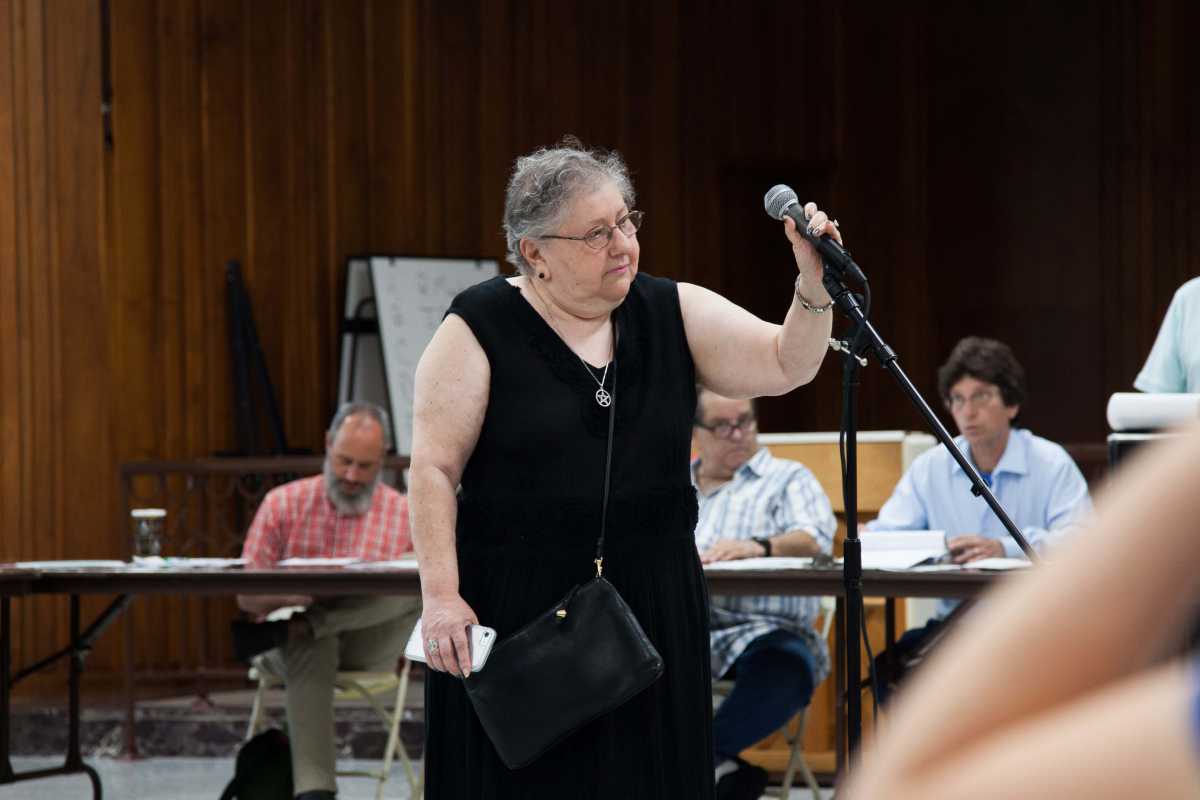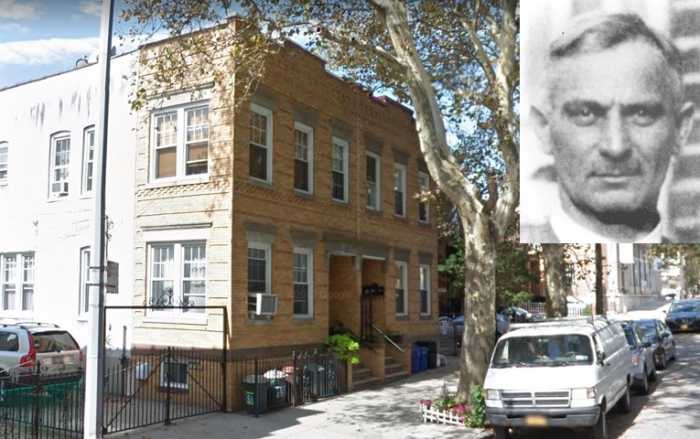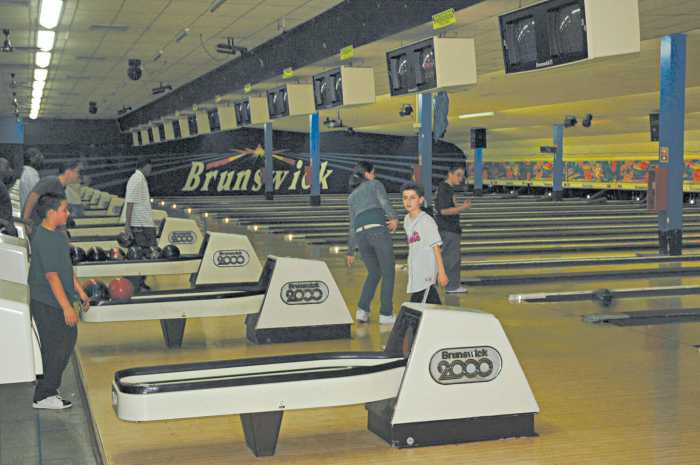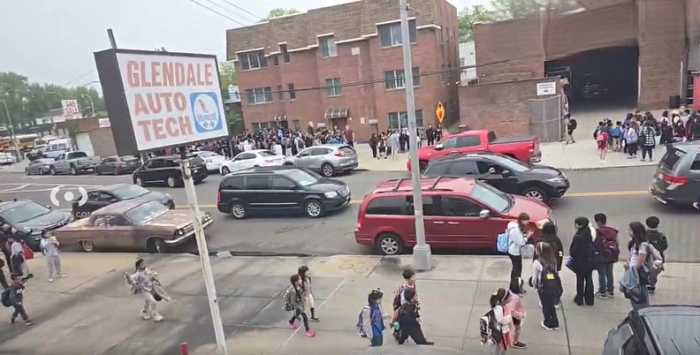Some Glendale residents made a last-ditch attempt at the Community Board 5 meeting on July 10 to stop the rezoning application for a six-story residential tower for homeless individuals with disabilities before it goes to vote at the Board of Standards and Appeals in the coming weeks.
By a 33-2 vote in December 2018, the board overwhelmingly approved the 66-unit housing development at 80-97 Cypress Ave. proposed by WellLife, a nonprofit that provides services for residents with mental illness, residents with developmental disabilities, seniors and formerly homeless individuals.
During the public forum last week, residents raised concerns over parking and traffic, limited neighborhood amenities and the nonprofit organization’s financial security. They pleaded with the community board to intervene on their behalf.
The three residents who spoke out to the board live on 59th Street, a dead-end road that nears the rear end of the property on Cypress Avenue. Two of them said they were concerned the parking lot of the apartment building would include an exit onto their street, adding to its congestion and parking problems.
“Traffic is a huge issue. Cypress Avenue, as I’m sure most of you know who drive cars, is a terrible place to drive,” said one resident. In addition to causing problems on 59th Street, she said she was concerned that the 19 parking spaces proposed in December would further burden Cypress.
Willie Scott, vice president of public affairs for WellLife, said that as the project currently stands, the parking spaces have been reduced down to 10 to 14 and that, of those, he doesn’t expect them to be filled.
“The majority of the people who are living there will not be driving. They don’t drive for the most part. They will be relying on public transportation,” Scott said.
Another resident raised questions about the financial health of the WellLife, claiming that one of the large grants that it’s using to fund the development is not a secure source of funding. Scott said that he was not sure what grant they were referring to.
The development will be using funding through the Empire State Supportive Housing Initiative through the state Office of Mental Health, an award that provides up to $25,000 per unit annually for persons identified as homeless with special needs.
WellLife has been reported to be a $100 million company, serving 25,000 individuals through 100 programs.
“The bottom line is whatever they’re talking about is unclear, but we have the ability to develop the project, and we’re not going anywhere,” said Scott. “There’s no danger of us running out of money and the project falling apart.”
As to the lack of amenities in the area, Scott countered that the residents would use the same public transit options and grocery stores currently available to the neighborhood.






































